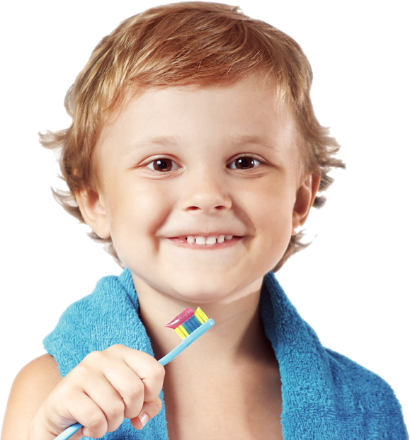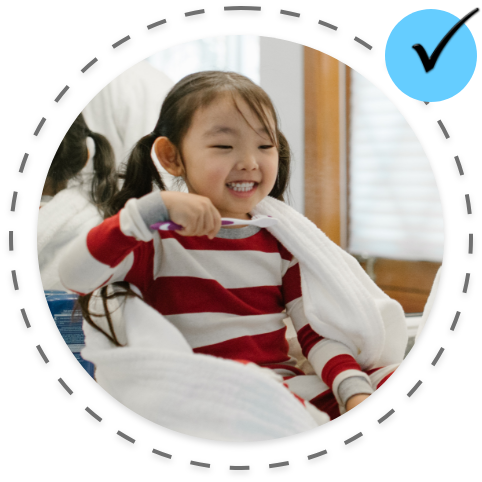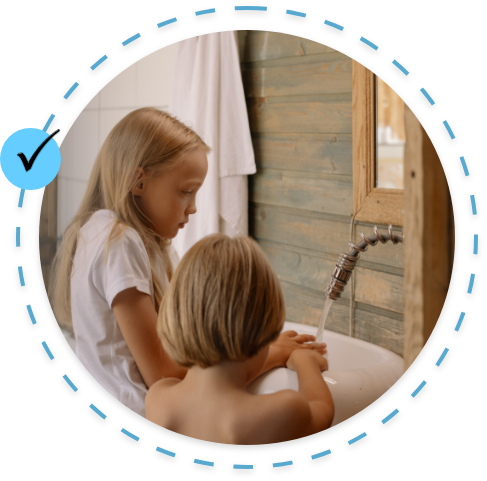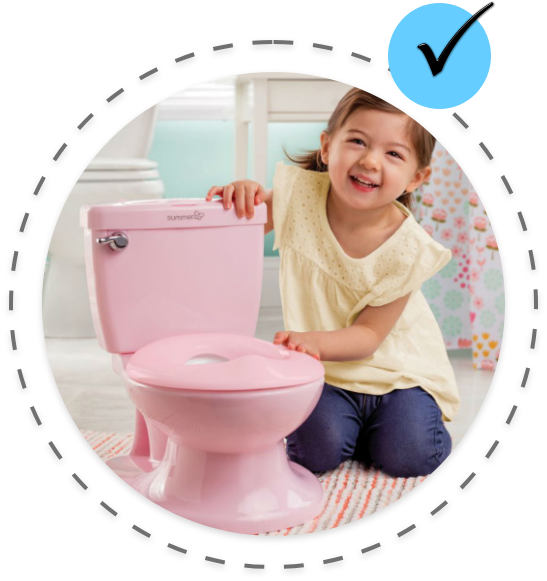|
NEW SALT LAKE CITY LOCATION NOW OPEN! |

One of the major milestones of early childhood is using the toilet.
It’s a critical life skill necessary for independent living.
For children with autism, toileting acquisition (potty training) may be delayed, and in some cases never achieved.
A wide range of issues can contribute to the difficulties a child with autism can have in grasping potty training, including:
These and other characteristics associated with the autism spectrum can all play a role. Essentially, the underlying cause of potty training issues will depend on the child.
ABA therapy is one of several toilet training techniques for children with autism that research has shown to be extremely effective.


ABA therapy teaches potty training in a way specific to your child based on their needs and skills
Since there are a variety of techniques, a trained BCBA will help identify which methods will likely be the most appropriate and effective for your child based on the skills your child already posseses.
For example, some children with autism must be taught to first tolerate sitting on a toilet before a toileting procedure can start. Others may use the toilet when instructed but will not initiate. Sometimes, a child will urinate in the toilet but not have a bowel movement.
We individualize the potty training based on your child’s unique skillset. There’s no “one-size-fits-all” potty training technique or magic method that we use for all children.
Our therapists are super nice, super patient, and super experienced in potty training. We have a great track record of potty training success and can do the same for your child.

The Potty Training Program at On Target ABA uses evidence-based ABA strategies to teach children essential toilet skills in a structured and supportive environment. This program focuses on individualized plans to address each child’s unique needs, ensuring a positive and effective learning experience.
This program is designed for children with autism or other developmental delays who face challenges with traditional toilet training methods. It’s especially beneficial for children who need a consistent, tailored approach to develop independent toilet skills.
The program incorporates ABA-based techniques such as positive reinforcement to encourage success, consistent routines to establish habits, and step-by-step teaching to help children master using the toilet. Also, sometimes we use visual aids to facilitate their understanding.
The duration of potty training varies depending on the child’s readiness, learning pace, and consistency in applying the strategies. Some children may show progress within weeks, while others may require a few months to develop and maintain the skills.
Absolutely. Parent involvement is essential for success. Parents are trained to implement strategies at home and reinforce skills learned during therapy sessions, creating consistency that helps children generalize their skills across settings.
For children with sensory challenges, the program includes customized strategies to address discomfort, fear, or aversions. Therapists work closely with families to ensure a supportive approach that helps the child feel secure and confident.
Yes, nighttime training can be included as part of the program if needed. Therapists assess the child’s progress and readiness, gradually introducing strategies to support dry nights alongside daytime training.
Parents should bring extra clothing for accidents, preferred reinforcers (such as snacks or small toys) to motivate the child, and any additional supplies the child is accustomed to using, such as specific wipes or a training seat.
Insurance coverage for potty training programs depends on the specifics of your policy and whether it is part of an ABA therapy plan. Contact On Target ABA for guidance on verifying coverage and understanding your benefits.
Signs of readiness include staying dry for extended periods, showing interest in using the toilet, and being able to communicate basic needs, either verbally or through gestures. Therapists can also help assess readiness during an initial consultation.